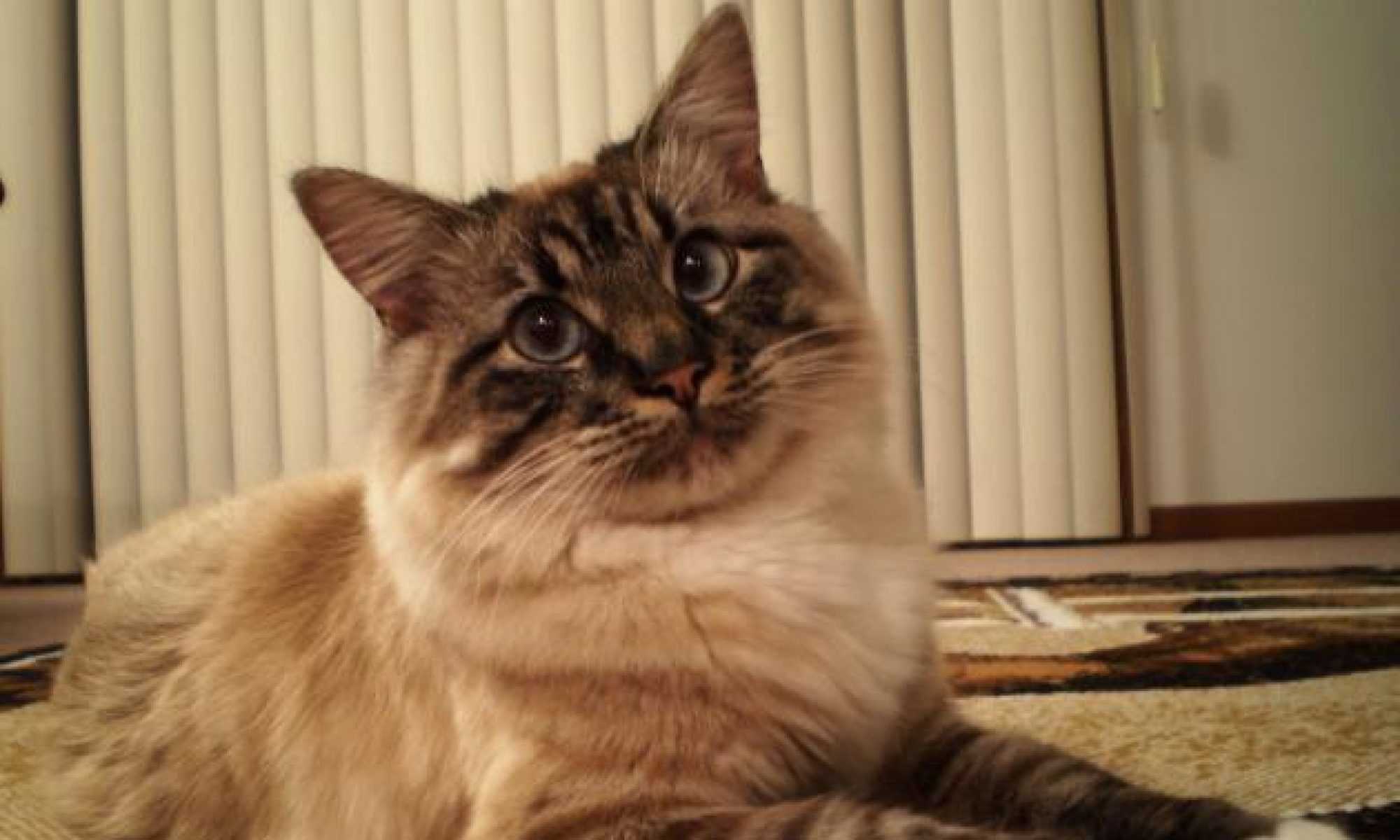Providing hay for your companion rabbit is vital for the overall health of the animal. Rabbits are herbivores and rely on consumption of large quantities of low-quality fibrous plant material to meet their nutrient needs. The gastrointestinal tract of the rabbit and many other small herbivores is specially designed to ferment large quantities of fiber in the cecum or large intestine. Dried plant material or hay is the best way to offer this fiber to a companion rabbit. Providing unlimited …
Treats for Your Companion Rabbit
Feeding treats can be a fun and rewarding experience for many owners as it’s a great way to bond with your rabbit. However, proper selection and moderation are two essential components to prevent health concerns such as obesity or gastrointestinal distress. Treats high in fat or sugar can result in loose stools, obesity, and other health concerns in rabbits. Treats should only comprise a small percentage of your rabbit’s daily food intake. The recommended intake is no more than approximately …
Urinary Tract Diseases in Rabbits: Urinary Tract Infections
Introduction
One of the most common urinary tract ailments is a urinary tract infection, also called cystitis. Cystitis is characterized by the inflammation of the urinary bladder caused by a buildup of bacteria. Most rabbits with this condition will have discomfort while urinating. Regular observation of your rabbit’s elimination behavior and proper husbandry will help prevent the development of an infection.
Causes
Some rabbits have abnormal urinary tract structures that can predispose the animal to infections. Abnormal structural change can …
Urinary Tract Diseases in Rabbits: Kidney Disease
Introduction
Kidney disease is a condition also referred to as renal disease that occurs in rabbits. Renal disease is characterized by the inability of the kidneys to maintain normal function. Kidney failure is normally a result of poor husbandry and a diet high in calcium. Other causes such as severe trauma and stroke may lead to acute development of the disease.
Causes
Older rabbits are particularly prone to this condition; however, younger rabbits can also develop the disease. Often symptoms …
Urinary Tract Diseases in Rabbits: Introduction
The urinary system of a rabbit includes the kidneys and bladder and is responsible for removing waste from the body. Because of this function, it can also be referred to as the excretory system. The kidneys are responsible for maintaining acid/base balance, adjusting electrolytes, and altering urine metabolite concentrations. The urine produced in the kidneys travels to the bladder through two muscular tubes called ureters. The urine is then stored in the bladder until it is excreted out of the …
Urinary Tract Diseases in Rabbits: Bladder or Kidney Stones
Introduction
Under the right conditions, rabbits can develop stones within the urinary tract. The stones are caused by the accumulation of mineral deposits. This condition is called urolithiasis. Urolithiasis can occur in any of the organs of the urinary system. Small stones can be removed by flushing the urinary system while the rabbit is under anesthesia. However, it is necessary to remove large stones surgically.
Causes
Rabbits normally excrete extra calcium provided in the diet through their urine unlike humans, …
Dental Problems in Rabbits
Introduction
Pet rabbits can develop dental problems during their lifetime without proper care. Rabbits’ teeth grow continuously their entire life due to the damage their diet in the wild does to their teeth. Rabbits naturally eat a variety of plant material ranging from very soft to very hard. The hard plant material constantly files away the surface of the teeth and leads to tooth wear. In captivity, plant material or roughage needs to be supplied to prevent the teeth from …
Obesity in Rabbits
Introduction
Many pet rabbits suffer from being overweight or obese, just like other companion animal species. Obesity in rabbits causes many different health and behavioral problems that can decrease the quality of life and shorten the lifespan of the rabbit.
Causes
A rabbit’s diet is generally at the foundation of obesity. Rabbits that are fed only alfalfa-based pellets are more likely to develop the condition, as alfalfa is higher in protein and calories than grass hay-based diets. However, rabbits that …






